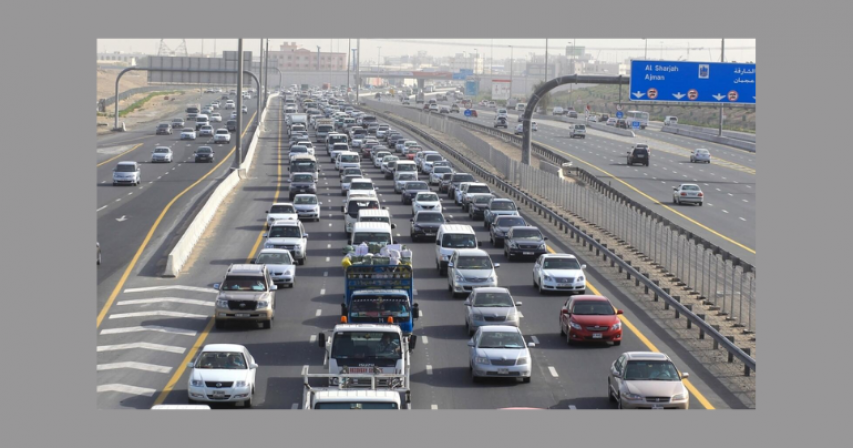Ramadan Road Safety: Insights and Tips for UAE Drivers

In the sacred month of Ramadan, adjustments in daily schedules due to fasting impact traffic patterns and accident rates on UAE roads. An examination conducted by a Dubai-based insurance company delved into accident claims during Ramadan, revealing critical insights to enhance road safety awareness.
During the fasting period, altered office and school timings shift peak traffic hours. Notably, the hours between 1pm and 4pm emerge as particularly perilous for motorists, witnessing the highest incidence of accidents. Wednesdays stand out as the most hazardous weekday, while weekends exhibit a comparatively safer environment for road users.
The study scrutinized 1,320 motor insurance claims spanning from March 22 to April 20, 2023, shedding light on the dynamics of accidents during Ramadan. A striking observation is the prominent role of third-party fault in over half of the accidents, underscoring the need for heightened vigilance among drivers.
Peak accident times coincide with specific periods of the day, with the interval from 1pm to 4pm accounting for 35% of reported accidents. Additionally, the late morning rush hour from 9am to 12noon also registers a substantial share of accidents at 21%. Notably, midweek experiences a surge in accident rates, with Wednesdays emerging as the most precarious day for road users.
Furthermore, the study delineated the demographics most susceptible to road accidents during Ramadan. Individuals aged between 30 and 39 years are identified as the most vulnerable group, closely followed by those aged between 40 and 49.
Takako Matsuo, a senior manager at Tokio Marine & Nichido Fire Insurance Co., Ltd, emphasized the unique challenges posed by Ramadan, urging concerted efforts to safeguard road users. Fasting-induced dehydration and fluctuations in blood sugar levels can compromise drivers' alertness and reaction times, amplifying the risk of accidents.
Thomas Edelmann, founder of RoadSafetyUAE, emphasized the need for heightened caution and defensive driving practices during Ramadan. Increased traffic volumes, coupled with physiological changes due to fasting, necessitate a proactive approach to road safety.
To mitigate the risks associated with Ramadan driving, RoadSafetyUAE offered a set of practical recommendations. These encompassed maintaining awareness of personal limitations, driving defensively, anticipating delays, and ensuring adherence to safety protocols such as wearing seat belts and maintaining a safe distance from other vehicles.
The Roads and Transport Authority (RTA) echoed these sentiments, highlighting the importance of avoiding driving while fatigued or sleepy during Ramadan. RTA underscored the need for patience and stress management while navigating traffic, advocating for a culture of safety and responsibility among motorists.
Additionally, RTA emphasized the adverse effects of fasting-related fatigue on driving performance, advising individuals to prioritize public transportation or taxis when experiencing concentration lapses or increased stress levels.
In conclusion, Ramadan presents unique challenges for road users, necessitating heightened awareness and adherence to safety protocols. By understanding the specific risks associated with driving during the holy month and implementing proactive measures, motorists can contribute to a safer road environment for all.
By: Sahiba Suri





Comments